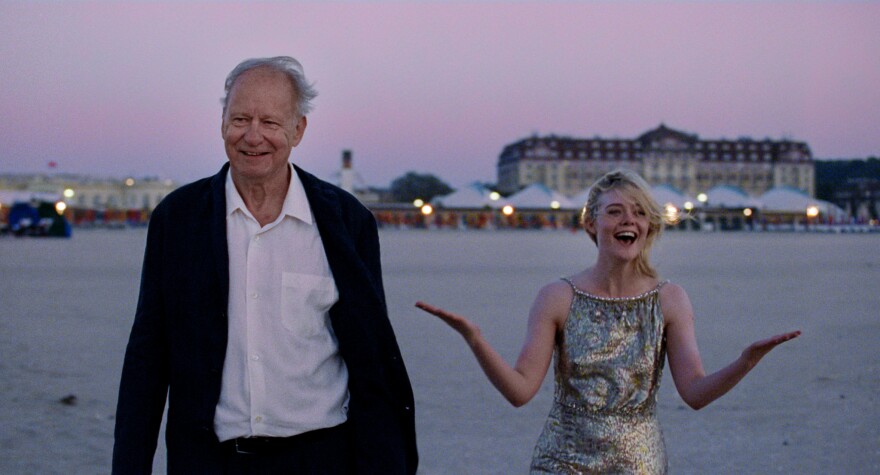K G Kline Movie Review: Sentimental Value Grade: A+
"Trouble is, son,The farther you run,The more you feel undefined.
"For what you've left undone, And, more, what you've left behind." - Stephen Sondheim (Into the Woods)
There's little "sentimental" to be found in Norwegian filmmaker Jochheim Trier's latest film "Sentimental Value", which has been earning top honors at film festivals throughout the summer and fall. It's a compassionate, if sometimes aloof, look at life, loss, and an almost unbearable sense of emptiness in modern-day Oslo. It also may well be the best film ever to come out of that country.
The film opens with a funeral, followed by a short montage showing five generations of one family growing up in the same house (The scene is reminiscent of Tom Hanks film "Here"). Apart from a brief pause to explore a tragedy that occurred during WWII, the history lessen serves primarily as opening narration about the family living within, leading up to its current residents, two sisters, one (Agnes) married and with a child, and her older sister (Nora) an unmarried stage actress. The funeral was for their mother. During the reception that follows, the sisters' father shows up for the first time in 15 years (a brilliantly complicated and underplayed performance by Stellan Skarsgard.
Most viewers will see this film as a raw look at commitment and abandonment - a sometimes touching, sometimes poisonous look at relationships - but to anyone familiar with Norwegian culture it is so much more. I can't think of any film where more context was lost in translation than here.
Norway boasts the world's highest standard of living for women. Women own 24% of Norwegian businesses (it's 4% in America). They initiate 70% of first dates (according to sex toy manufacturer Lilo), they also have the world's highest level of sexual satisfaction (Lilo again).
In Sentimental Value Joachim Trier seems to be throwing back the sheets, revealing the darker side of all this female bliss. What he reveals is a society where men are passive, introverted, and unable to commit. Men who try to follow their inner voice - like the girl's father, celebrated filmmaker Gustav Borg - find they have earned independence at the expense of what was lost, left undone, and left behind.
Is Trier celebrating Norwegian women, or taxing them? Is he penalizing Norwegian men or praising them? I'll leave that for you to decide. The only conclusion I will offer is that Trier seems to be showing us Glenda was right all along - when it seems all hope is lost - there's no place like home - whether you want to be there or not.


